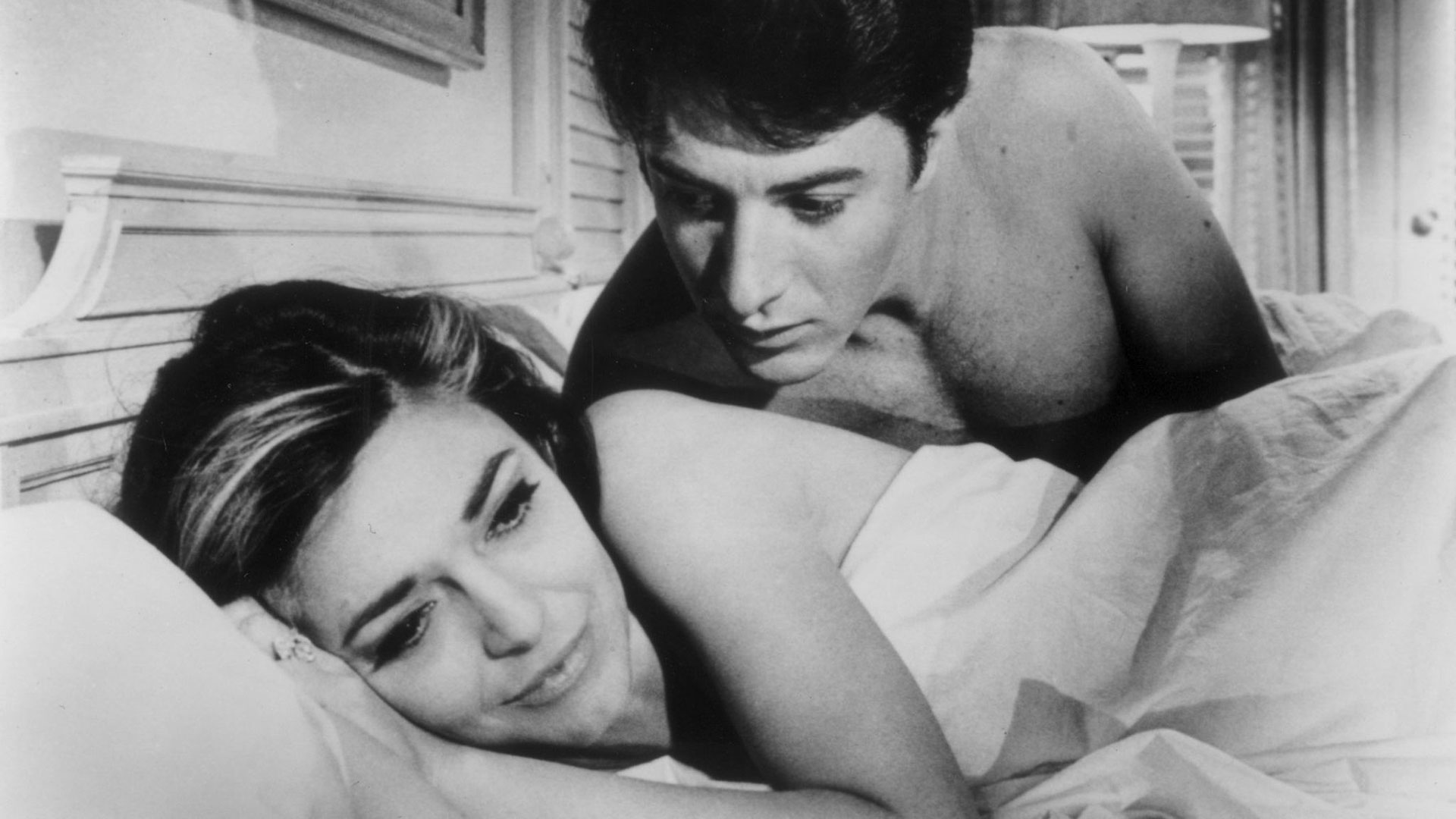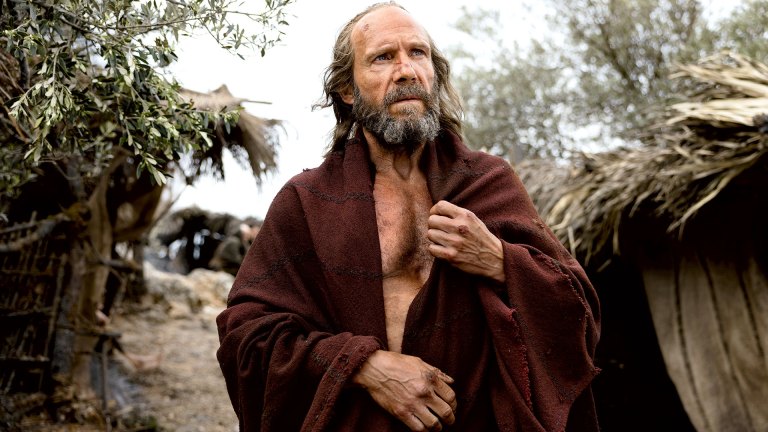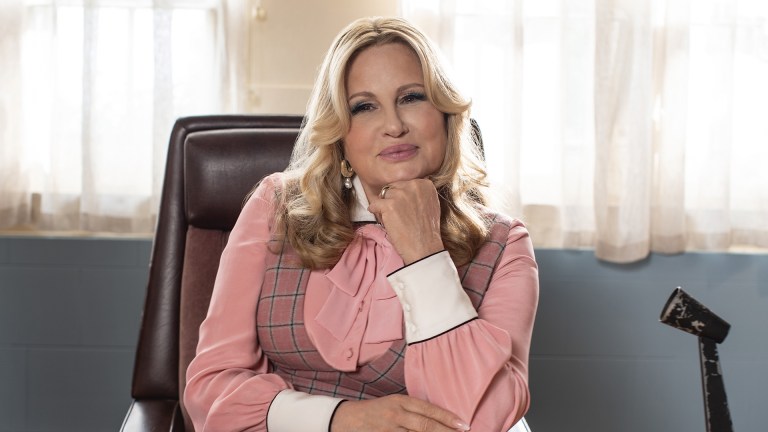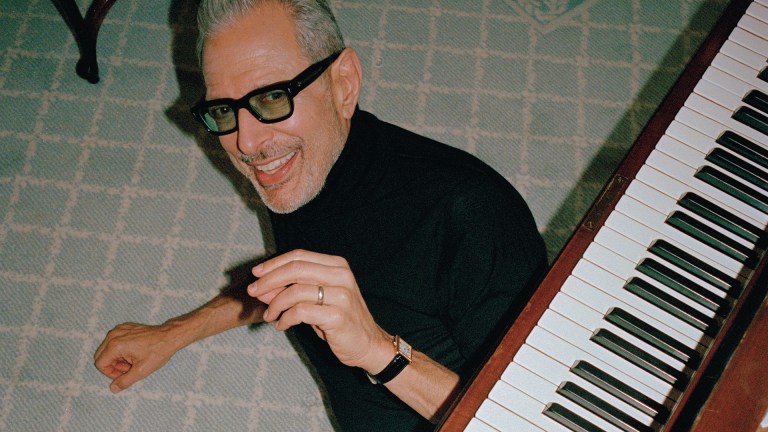The Graduate is 50 years old. Celebrated as a classic of American cinema, this 1967 comedy concerns Benjamin Braddock, a disaffected young man back in his family home in LA after graduating from an East Coast university. Dustin Hoffman – was he ever so boyish? – plays the title role, and Anne Bancroft is the older woman who seduces him, addressed throughout by Ben with strangulated formality as Mrs Robinson. If she has a first name, she keeps its hidden under all that cigarette smoke and dark mascara. “How old are you?” Mr Robinson asks Ben, oblivious that he’s carrying on with his wife. The 20-year-old replies. “That’s a hell of an age to be,” the older man proclaims.
How well has The Graduate aged? It’s worth asking because The Graduate is one of those films that changed Hollywood. Out went stuffy, family-driven entertainment; in came more socially aware, sexually explicit and artistically adventurous fare that, crucially, resonated with younger, more hip audiences. The Graduate was a huge hit, and you can see why it chimed with the countercultural sentiments of the late 1960s. As seen through Ben’s glassily detached eyes, the film rails against the values of the older generation and the claustrophobia of suburban life. With their cocktail-hour banalities and Dean Martin perma-tans, Ben’s parents and their friends are the embodiment of the suffocating conformity that youth culture of the day was determined to dismantle. At one point Ben practically flinches when his dad’s pal gives him career advice, pointing him in the direction of “plastics”. How square.
As seen through Ben’s glassily detached eyes, the film rails against the values of the older generation and the claustrophobia of suburban life.
Brilliantly played by Hoffman – a precision-engineered masterclass in comic timing – he’s withdrawn, drifting, an almost somnambulant figure, and it’s only his affair with Mrs Robinson that wakes him up. But it’s not Mrs Robinson, rather her daughter Elaine (Katharine Ross), also home from college, who is the ultimate object of his affections. Defying the strict orders of Mrs Robinson, setting himself against her fuming husband, Ben follows Elaine to her graduate school at Berkeley. “You’re not one of those agitators?” Ben’s San Francisco landlord asks him. He might be too clean-shaven to pass for the student protesters at Elaine’s alma mater – or indeed the hippies of neighbouring Haight-Ashbury busily defining the mood of the late 1960s – but make no mistake: Ben’s relentless pursuit of Elaine is as rousing an act of social agitation as any other in that turbulent decade. Watching it today I can appreciate the historical significance of The Graduate, and Mike Nichols’ direction is sharp and stylish. Yet I’m ambivalent about the film. Ben might have struck young audiences as a hero of his times when the film was released but for me his brand of rebellion comes across as adolescent posturing: it’s gloomy and passive in the film’s first half, then, after he meets Elaine, implausibly full of romantic ardour.
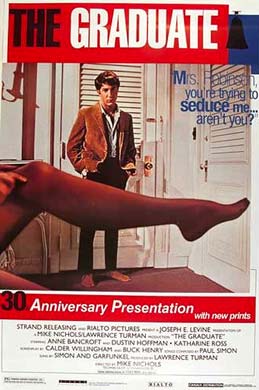
Instead it’s Mrs Robinson – soulful, melancholy, fierce and impressively in command of her sexuality – who impresses, despite attempts to load the dice against her. The Graduate is a fine film but in taking sides with Ben and Elaine in the war against their parents’ generation it helped usher in Hollywood’s fixation with youth. When was the last time you saw a middle-aged actress enjoy a role as complex as the one Bancroft triumphs in here? Many happy returns to The Graduate but my goodwill is directed elsewhere: here’s to you, Mrs Robinson.
The Graduate is showing at the BFI and selected UK cinemas
